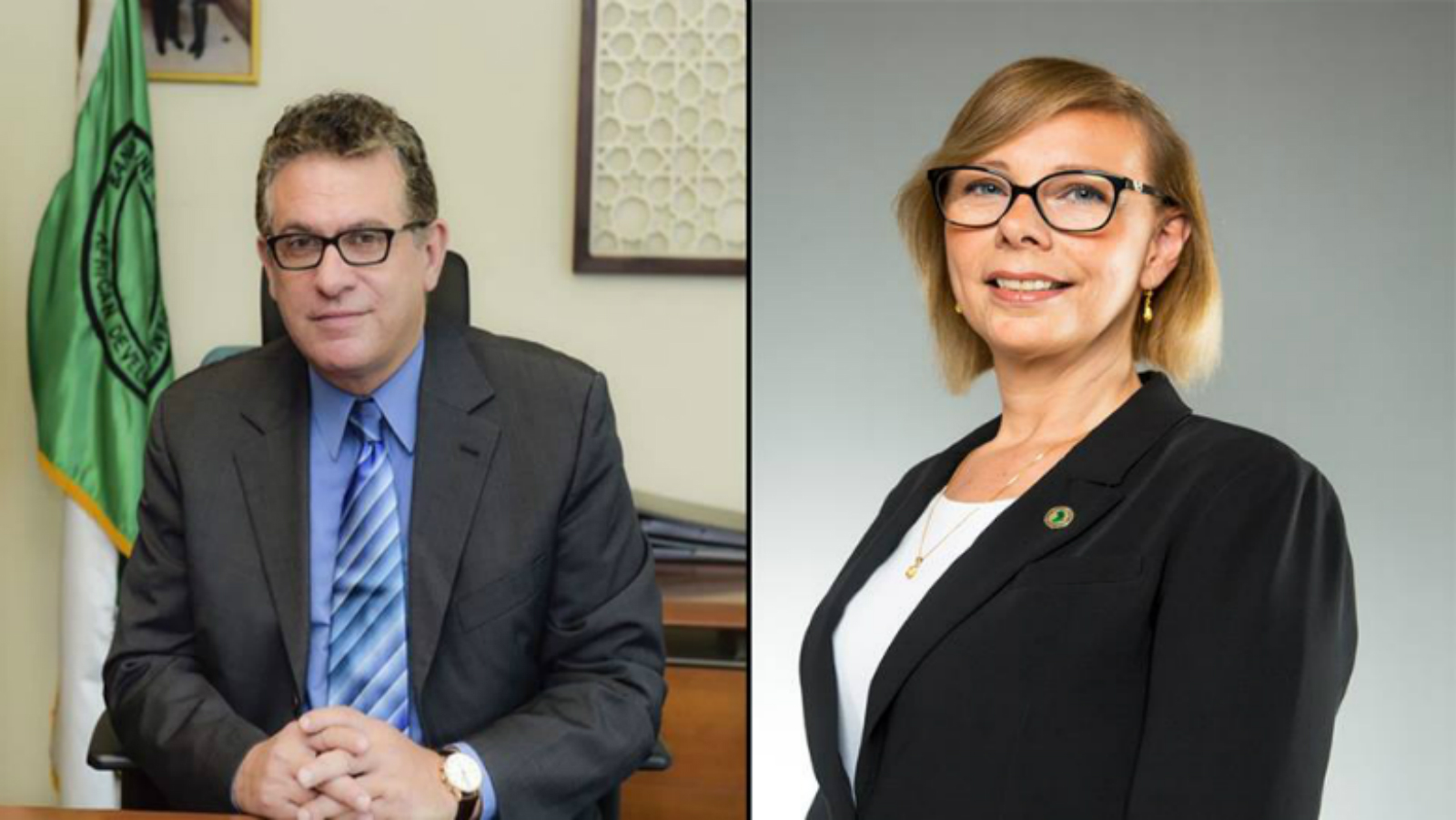AfDB plans USD 1.2 bn of financing to Egypt over 2019 and 2020

EXCLUSIVE- AfDB plans USD 1.2 bn of financing to Egypt in 2019 and 2020: The African Development Bank (AfDB) is planning to provide USD 1.2 bn in new funding to Egypt in 2019 and 2020, focusing on energy and development sectors, AfDB Egypt Country Manager Malinne Blomberg told Enterprise. The pan-African bank is currently in talks with the Egyptian government over a USD 500 mn loan that will go towards electricity spending to help “continue reforms and support the transformation of the electricity sector.” The bank’s board will decide on the loan this year. AfDB is also working on financing a rural sanitation project in Upper Egypt, as well as funding programs that provide technological training to university students, Blomberg said.
The lender praised Egypt’s economic reforms: Being the biggest recipient of FDI in Africa in 2018 shows how much progress Egypt has made with its reform program, Vice President for Regional Development, Integration and Business Delivery Khaled Sherif told us. “The reforms that have been undertaken were very difficult but were well-executed. We have been waiting for these reforms for decades and this speaks volumes to this government’s commitment to reforms.”
So what still needs to be done? Unlike the now resurgent tourism sector, exports didn’t flourish as much as needed, because most manufacturers’ supply chains and intermediate inputs still rely heavily on imported goods, Sherif said. That said, the government is doing a good job in starting a structural reform process by looking at each sector and identifying ways to help manufacture these inputs locally. Also, as the government gets fiscal reform out of the way, it needs to focus on increasing income to boost economy growth, Sherif said. This needs investments to grow, and increasing employment and consequently disposable income.
Is the AfDB backing our bid to count the informal economy as part of GDP? “We have been arguing that the GDP figure is too small and doesn’t reflect the size of the economy and obviously the reason for this is the very large informal sector that doesn’t register on the surveys of how much goods and services Egypt produce every year. We are trying to help the government to come up with a more correct number which will be significantly large,” Sherif said. When Nigeria did this in 2014, its GDP doubled. Sherif expects that we would see a significant change in GDP data in the coming two years, which would change how we view figures like the debt to GDP ratio, for example.
A delegation from the bank met with Prime Minister Moustafa Madbouly to discuss increasing cooperation and boosting intra-African trade, according to a Cabinet statement.